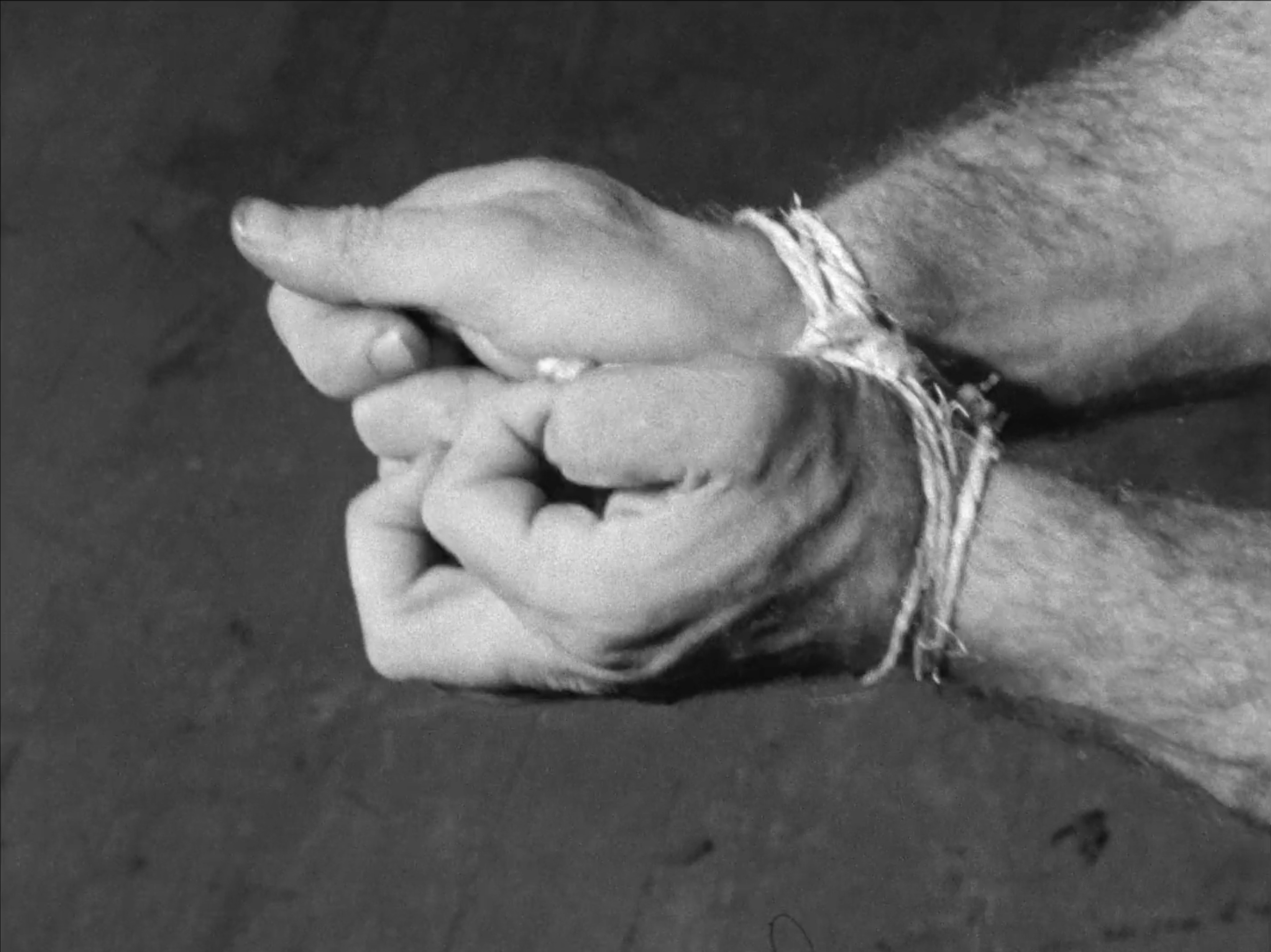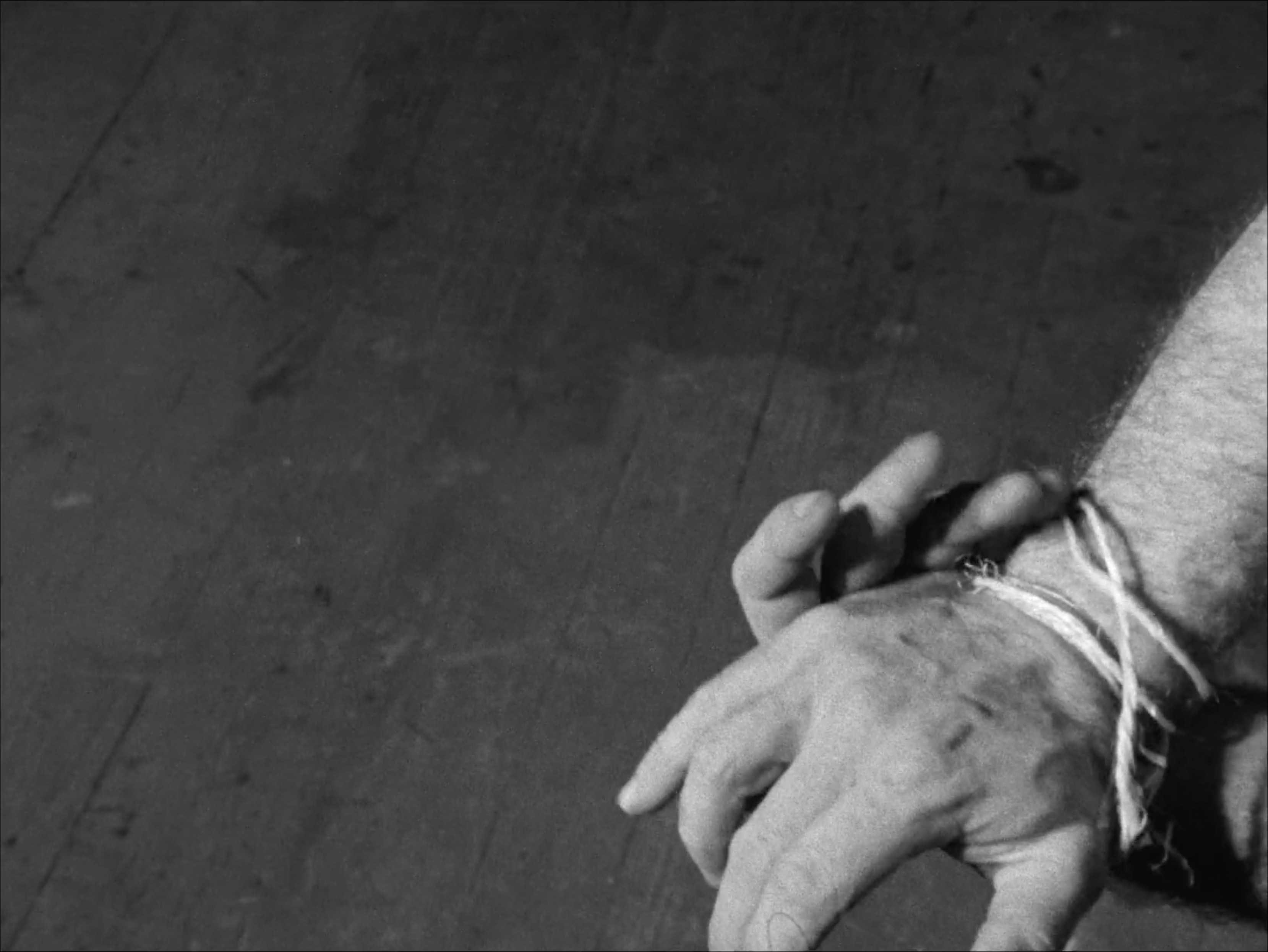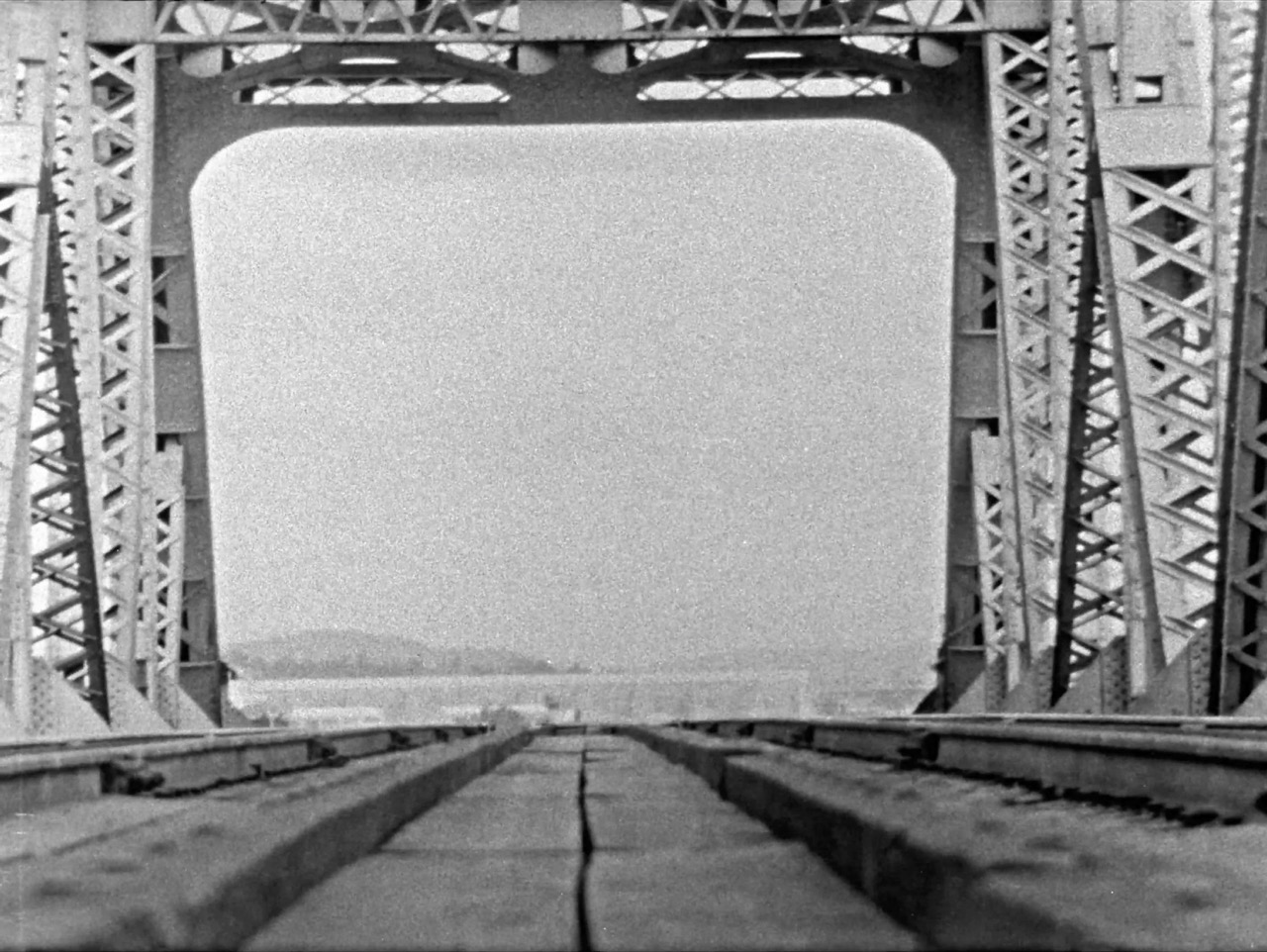Richard Serra
Richard Serra (USA) was a sculptor, filmmaker, and multi-disciplinary artist born in 1938 in San Francisco. He is best known for his monumental steel arcs, spirals, and ellipses that engage the viewer in an altered experience of space. His works are installed at dozens of sites around the world, including Tuileries Garden (Paris), Federal Plaza (New York), and the Qatari desert. While working in steel mills to support himself, Serra received a BA in English literature from the University of California at Berkeley and Santa Barbara (1961). He later earned an MFA from Yale University (1964), where he worked with Josef Albers on the book The Interaction of Color (1963). In 1964–65 Serra received a Yale Traveling Fellowship and went to Paris. He spent the following year in Florence on a Fulbright scholarship, traveling throughout southern Europe and northern Africa. Serra’s first solo exhibition was held at Galleria La Salita, Rome (1966). Later that year, he moved to New York where he befriended artists, including Michael Snow, Eva Hesse, Sol LeWitt, Hollis Frampton, and Robert Smithson.
Serra produced the first of numerous short films in 1968. His works have been exhibited at major museums and galleries internationally, including Solomon R. Guggenheim Museum, Centre Pompidou, Leo Castelli Gallery, The Museum of Modern Art, Museo Nacional Centro de Arte Reina Sofía, and Gagosian Gallery. In 1998, his Torqued Ellipses (1997) were acquired by Dia Art Foundation. In 2005, eight of his sculptures were installed at Guggenheim Museum Bilbao. In 2007, The Museum of Modern Art mounted a major retrospective. In 2011, “Richard Serra Drawing: A Retrospective” was held at The Metropolitan Museum of Art. He is the recipient of numerous awards and honours, including a Guggenheim Fellowship, a Skowhegan Medal for Sculpture, a Wilhelm Lehmbruck Prize, and a Fellow of the American Academy of Arts and Sciences, and was honoured with a Praemium Imperiale awarded by the Imperial House of Japan. Serra died in Orient, New York, in 2024. He will be greatly missed.


Hands Tied, Richard Serra, USA, 16mm > digital, 6 min, 1968
Technology is a form of tool making (body extension). Technology is not art—not invention. It is a simultaneous hope and hoax. It does not concern itself with the undefined, the inexplicable: it deals with the affirmation of its own making. Technology is what we do to the Black Panthers and the Vietnamese under the guise of advancement in a materialistic theology.
–Richard Serra
Hands Tied, rather than being a task, is the performance of a feat, which lasts as long as it takes Serra, whose hands are tied with rope inside the frame, to untie the knots. The film sets up a dialectic between hands and material as the hands move and strain in loosening the rope. As in Hand Catching Lead (1968) and Hands Scraping (1968), the hands become the performers and acquire a physical expressiveness of their own.
This film is co-presented with Electronic Arts Intermix and Three Fold, Detroit.
Image credits: all artworks and stills courtesy Electronic Arts Intermix (EAI) © Richard Serra/Artists Rights Society (ARS). Hands Tied © Richard Serra. Richard Serra’s films and videos in the collection of The Museum of Modern Art, New York, provided courtesy of Electronic Arts Intermix (EAI), New York. Portraits courtesy © Dustin Cohen and Jason Andrew/Getty Images.

Railroad Turnbridge, Richard Serra USA , 16mm > digital, 17.5 min, 1976
In the beginning of Railroad Turnbridge, Serra frames the span of landscape visible through the railroad bridge over the Willamette River in Portland, Oregon. The camera remains stationary, while the bridge rotates 360 degrees, creating an illusion of what is standing still and what is moving. Following the rotation, Serra reveals the sequence of mechanisms that allow the bridge to rotate.
This film is co-presented with Electronic Arts Intermix and Three Fold, Detroit.
Image credits: all artworks and stills courtesy Electronic Arts Intermix (EAI) © Richard Serra/Artists Rights Society (ARS). Railroad Turnbridge © Richard Serra. Richard Serra’s films and videos in the collection of The Museum of Modern Art, New York, provided courtesy of Electronic Arts Intermix (EAI), New York.
View next: Ja’Tovia Gary, as part of Media City Film Festival 27th edition: Spotlight Series